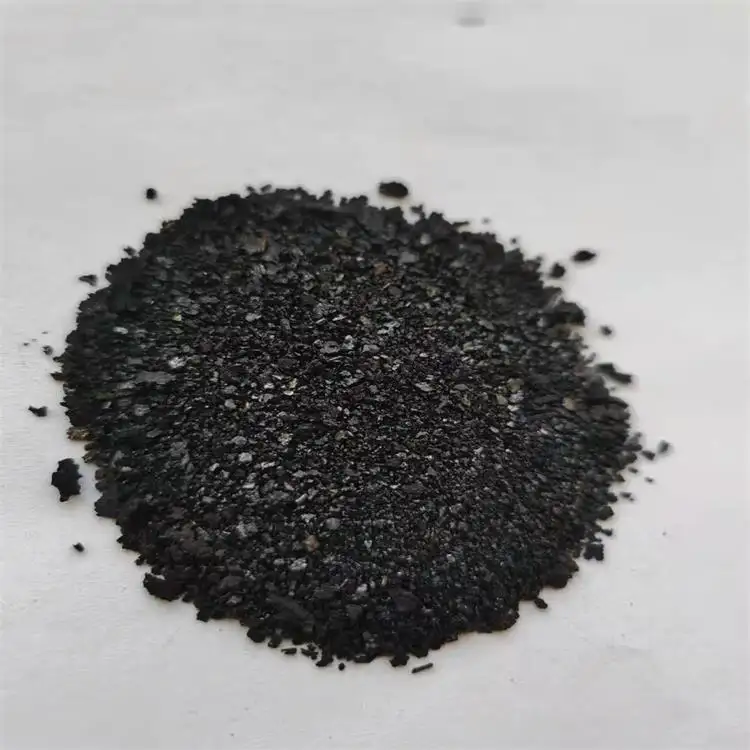japanese blue dyed fabric
The Timeless Beauty of Japanese Blue Dyed Fabric
Japanese blue dyed fabric, or indigo dyeing, is a rich cultural tradition that has captured the hearts of artisans and fashion enthusiasts alike. This ancient craft dates back over a thousand years, originating from the natural dye extracted from the leaves of the indigo plant. Its vibrant blue hues evoke a sense of calm and tranquility, making it a cherished choice for textiles in various forms, from clothing to household items.
The Timeless Beauty of Japanese Blue Dyed Fabric
One of the most captivating aspects of Japanese indigo dyeing is the technique used to apply the dye to the fabric. There are several methods, including shibori, a tie-dye technique that creates intricate patterns through binding, folding, and twisting the fabric before dyeing. Each piece becomes a unique work of art, reflecting the artisan's creativity and mastery of the craft. The versatility of indigo dyeing allows for endless experimentation, resulting in a vibrant array of textures and designs.
japanese blue dyed fabric

Indigo-dyed fabrics are not only admired for their aesthetic appeal; they also hold significant cultural value. The deep blue color is often associated with harmony and peace, embodying the principles of Japanese aesthetics. Historically, these fabrics have been used for traditional garments such as kimono and noragi, symbolizing status and craftsmanship. Today, we see a resurgence of interest in indigo-dyed fabrics, as contemporary designers incorporate them into modern fashion lines, blending tradition with innovation.
In addition to clothing, indigo dyeing has influenced various aspects of Japanese culture, including art and decoration. Textiles dyed with indigo are often utilized in interior design, bringing a touch of natural beauty and artistry into homes. The timeless quality of blue dyed fabric resonates with many, serving as a reminder of the deep connection between nature, craftsmanship, and everyday life.
As the world becomes increasingly conscious of sustainable practices, the natural indigo dye presents a compelling alternative to synthetic dyes. Its environmentally friendly nature aligns with the growing desire for sustainable fashion, prompting a renaissance in traditional dyeing methods. Artisans are now striving to revive ancient techniques, ensuring that this beautiful craft is preserved for future generations.
In conclusion, Japanese blue dyed fabric is more than just a textile; it is a narrative woven with history, culture, and artistry. The deep blue shades speak to the soul, while the craftsmanship represents a harmonious relationship with nature. As more people embrace the beauty of indigo, this timeless tradition continues to thrive, bridging the past with the present and reminding us of the artistry that lies in simplicity. Whether in traditional garments or contemporary design, the allure of blue dyed fabric will forever remain a celebrated facet of Japanese heritage.
-
The Timeless Art of Denim Indigo Dye
NewsJul.01,2025
-
The Rise of Sulfur Dyed Denim
NewsJul.01,2025
-
The Rich Revival of the Best Indigo Dye
NewsJul.01,2025
-
The Enduring Strength of Sulphur Black
NewsJul.01,2025
-
The Ancient Art of Chinese Indigo Dye
NewsJul.01,2025
-
Industry Power of Indigo
NewsJul.01,2025
-
Black Sulfur is Leading the Next Wave
NewsJul.01,2025

Sulphur Black
1.Name: sulphur black; Sulfur Black; Sulphur Black 1;
2.Structure formula:
3.Molecule formula: C6H4N2O5
4.CAS No.: 1326-82-5
5.HS code: 32041911
6.Product specification:Appearance:black phosphorus flakes; black liquid

Bromo Indigo; Vat Bromo-Indigo; C.I.Vat Blue 5
1.Name: Bromo indigo; Vat bromo-indigo; C.I.Vat blue 5;
2.Structure formula:
3.Molecule formula: C16H6Br4N2O2
4.CAS No.: 2475-31-2
5.HS code: 3204151000 6.Major usage and instruction: Be mainly used to dye cotton fabrics.

Indigo Blue Vat Blue
1.Name: indigo blue,vat blue 1,
2.Structure formula:
3.Molecule formula: C16H10N2O2
4.. CAS No.: 482-89-3
5.Molecule weight: 262.62
6.HS code: 3204151000
7.Major usage and instruction: Be mainly used to dye cotton fabrics.

